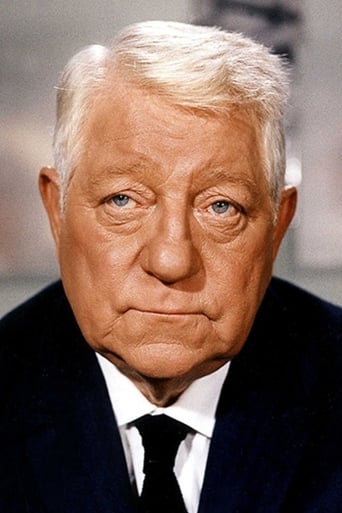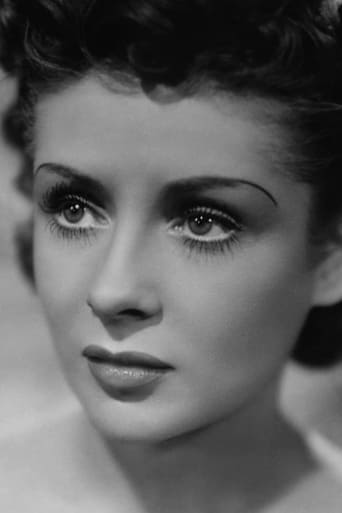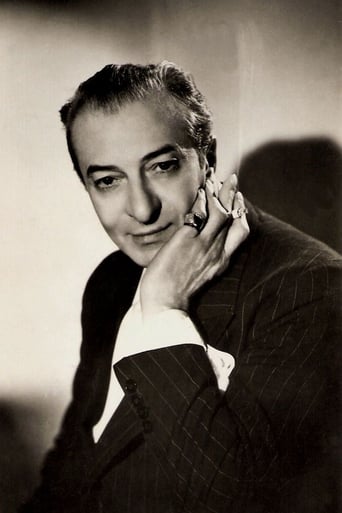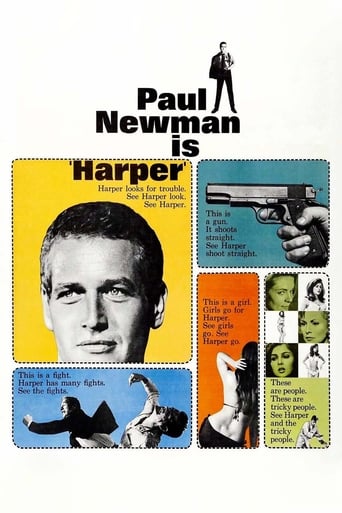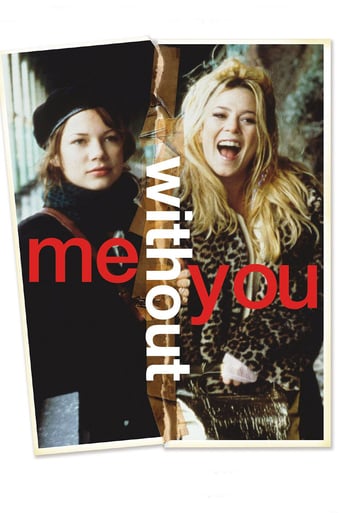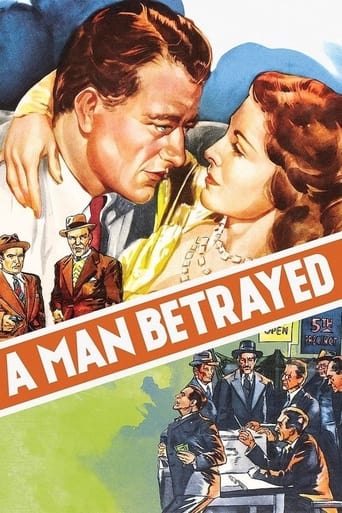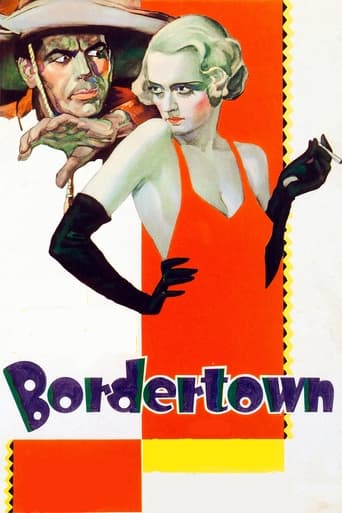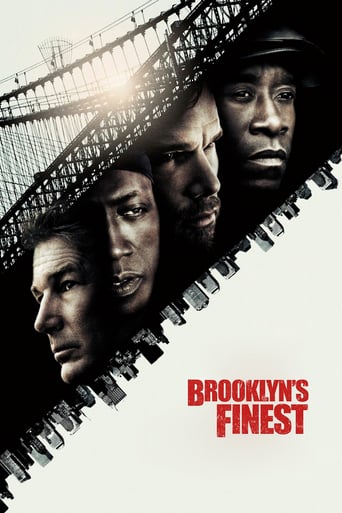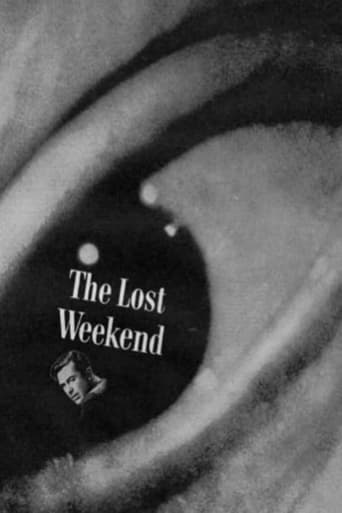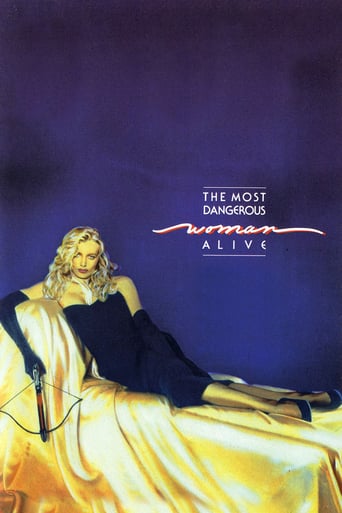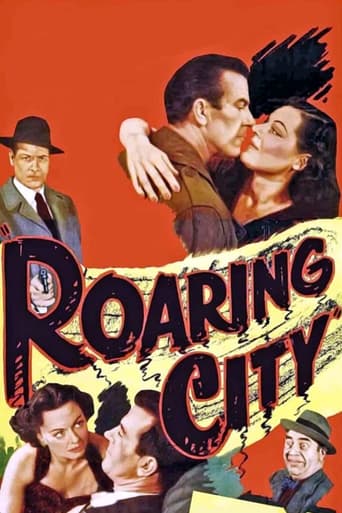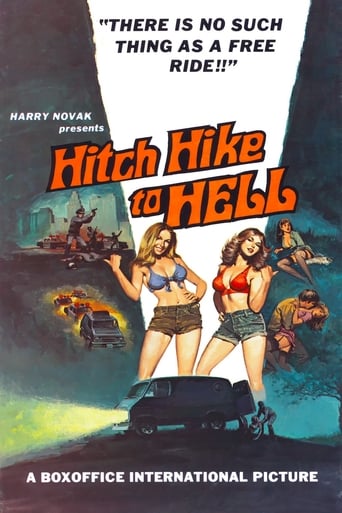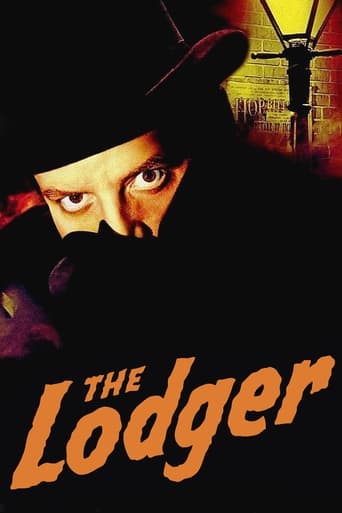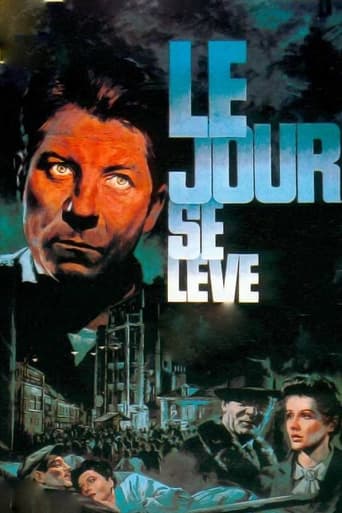
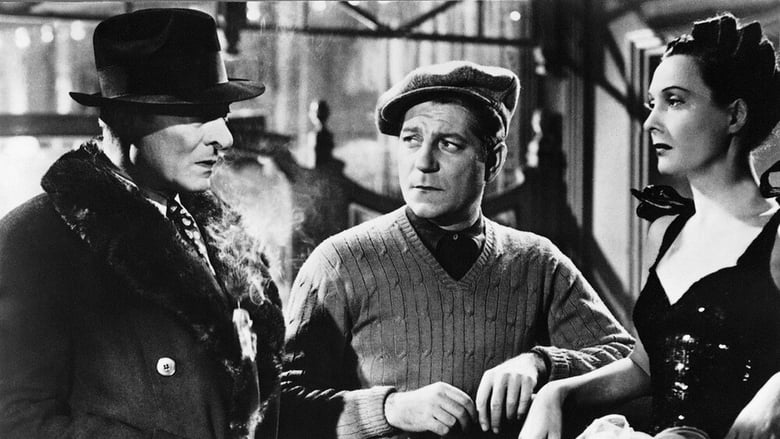
Daybreak (1939)
After committing a murder, a man locks himself in his apartment and recollects the events the led him to the killing.
Watch Trailer
Cast


Similar titles
Reviews
Good movie but grossly overrated
Expected more
As Good As It Gets
It's funny watching the elements come together in this complicated scam. On one hand, the set-up isn't quite as complex as it seems, but there's an easy sense of fun in every exchange.
sentimental, far to be great, almost common. but seductive under the science of Carne to give delicate nuances to flash backs, to transform scenes in little gems. and, in same measure, the art of Prevert to transform each detail in a precise piece of puzzle. a film about love and innocence. about a kind of Mephisto - remarkable performance of Berry - and delicate lights of role in Jacqueline Laurent performance. but, in many aspects, a film of Arletty and Jean Gabin. not a surprise. the names of director and scriptwriter are basic guarantees for a remarkable work. but, after so many years, like many other films," Le jour se leve" has more seductive sparkles and great profound value.
Le Jour Se Leve (1939)This French movie is oddly famous as the original, almost lost (destroyed) version of the American, The Long Night (1947), and it almost demands comparison. In all, the American version with Henry Fonda in the lead is more beautifully made, and perhaps more compelling for a lot of very small reasons. But this French one, which is not only first, has a couple key qualities that make it worth getting absorbed into. For one, it is more seriously realistic, with both a sexual frankness (implied, but not ignored) and a lack of a "Hollywood ending," naturally enough. It is filmed beautifully, and acted really well (the "bad" man in this one is more convincing and lifelike than the Vincent Price incarnation in the later one). But it is also a slow film, with far too much of the man, played by Jean Gabin, who was also in the 1937 Grand Illusion) staring and pacing. Here is where the photography and editing of the later film sustain us through the solitary moments much better. This version almost feels low budget, at least by American standards, without making the uncomplicated production always a virtue (it doesn't cost more to move the camera closer, or cut out sections of staring into space). I know this is all an aesthetic decision, and the slow, sad realizing of the character summing up his life is really at the center of it all, but see both films and see what you think.Two things are really astonishing. First, the almost scene by scene similarity of the second film to the first. Camera angles, dialog, flashbacks (many), even the dog trainer's show, and the teddy bear missing an ear, all of this is just copied and reproduced in the later movie, to an almost ridiculous extreme. (No wonder RKO tried to destroy every single copy of Le Jour Se Leve before making The Long Night. Sad and weird.) That's certainly a bowing down to this first one for good reason.Second, the dilemma the men face in the two movies is actually a little different at the core, and this is a product of the times they were made. In The Long Night, the man is an ex-soldier suffering from having been through the horrors of World War II, and so the standard American film noir themes are distilled and honed down to this one man (Fonda) in his room. The earlier French film was made just as the war was about to start, and the man (Gabin) is suffering from a more universal problem of being a working class man putting in long hours, cheerfully, with little hope for a future for himself. The dandy-ish counterpart that is his nemesis is unattractive in nature, but has charm and education and abilities beyond this man's noble simplicity, and it seems that society, and women, favor this more false kind of man.It's because of these themes the French version has a growing reputation. It's really well acted, and a classic dilemma played out with beauty and pathos. That it isn't perfect is something we have to adjust to, remembering it was forward looking for its time.
Daybreak is one of the best, if not the best Gabin film of the French poetic realism. Gabin was a handsome young man, still supple ,and here he plays François, a virile, vigorous workman ,disputed by two womenan older seductress, Clara, and a girl, Françoise. The workman François registers as one of Gabin's top performances, especially memorable; and the movie is maybe the finest product of the famous Carné/Prévert collaborationamong the richest in human, psychological content. François is a doomed character in this suspenseful dramayet the movie does not belong to Prévert's symbolical , fatalist plays, it rather gives place to several realistic characterizations. The economy a means needs not be underlinedit is a drama of four characters (the three already mentioned, and a deprived , poisonous debauch oldster). The story ,presented from François' point of view, is told as he, after murdering his rival, recapitulates the phases of his love affair. François recounts how he met a girl, while at work; how he dated her; how she had a mysterious night life, and he eagerly follows her and spies. Then enter a demoniac character, from the variety's world, and Gabin begins a relationship with the former mistress of this spinster. He gets caught in a net of lies and of dirty secrets which destroy his inner coherence. His need for joy remains unsatisfied, he is betrayed. He is a honest rough tough workman unaccustomed with the ambiguities of the small world that allowed him in. His drama is precise, well defined, tangible and concrete. If other poetic realism outings favored the lyricism, this one favors the realism. The things inhere are very concrete, and of a remarkable good taste, something Carné had in his best days.This is not a symbolical misty allegorical drama, but a love movie, a hugely interesting and beautiful and humane, with likable characters, very _relatable to. One of the great French love movies. Particularly involving and enjoyable and masterly composed. The good taste is enhanced, strengthened by a particular lightnessthe touch is light, fine, masterly ;such art warms the heart, encourages and satisfies the mind. It is one of the great almost unknown (today) films. Yet this precious _pellicle registered Gabin in one of his ample, large youth role, and benefited from Carné's talent . Indeed, one cannot love Carné and Gabin too much .And Gabin performs with such a verve, a dynamism, an obvious pleasure he takes in his role . When he did not enjoy a part, he could simply be lukewarm, detached, borednot so here, where his interest is evident.From this film, one understands why Gabin was looked upon as a sex symbol; in his work outfit, or in his leather jacket, he looked awesome indeed. He was young, blue eyed, a chainsmoker, and his head, with his mean mouth, had a leonine air. This makes the film especially important for all the Gabin fans, who can see him here in his best shape.For every one who wishes a marvel, or just a strong large Gabin performance, this is the movie .A singularly graceful one.In popular terms and lowbrow jargon, I would state that here is the coolest Gabin movie that I know. It is cool in all respectsfirst of all Gabin himself; the other roles (Clara, Françoise, the demoniac tamer) ; the movie's look and brio. Gabin is selfaware of his coolness in the Cagney/ Gable/ Grant/Bogart/Brando/Rourke/Crowe way .He knows he is young, handsome, has beautiful hands and looks cool as a chainsmoker. The movie is a tribute and a testimony of his youth coolness. Yet it's also far from being only a pretext for showing Gabin's good looks. It is a work of art, a meaningful work made with unspeakable lightness and discernment and also instinct, feel for these things. It leaves a wonderful taste. Gabin's coolness is only a side, an aspect of the movie, it serves the film, it does not deprive it of autonomy and inner interest. It is subordinated to the film's significance. It verifies again the assertion that Gabin basically made one role throughout with careerwith virtuous variations and deft modulations (as opposed to the _chameleonic Americans like Brando, De Niro, Pacino, Rourkeand also unlike the great Europeans: Simon, Fresnay, Jouvet, Stroheim and Belmondo). This is part typecasting, and part vocation. Gabin brought all the roles to himself (and the roles were anyway visibly similar and homogeneous); not that he did not take chances, but in his choices, so stable and almost uniform, there was something at unison with his own human nature.
the main setting of "le Jour Se Leve" is the top floor of a french apartment. the film opens with Jean Gabin character Francois - a factory worker- killing a dog trainer named Valentin who we find out (as the story unravels itself) was "involved" with his girl. Francois then barricades himself from the police, and the reason for the death of Valentin is told in simple sets of flashbacks that Gabin remembers between cigarettes as he decides what his next move will be. the story is simple and delicate in manner and substance but nonetheless the director/writer team Marcel Carne and Jacques Prevert succeed in turning the realistic (and sometimes edgy) conversations, movements and places into poetry. and in response to an earlier review, the simplicity of the flashbacks, is what makes the movie so intriguing. instead of relying on a heavy plot that might challenge audience, Prevert and Carne decide to put great detail into a simple tale about a sentimental man who is torn to ruin by a contemptuous and Machiavellian man.


